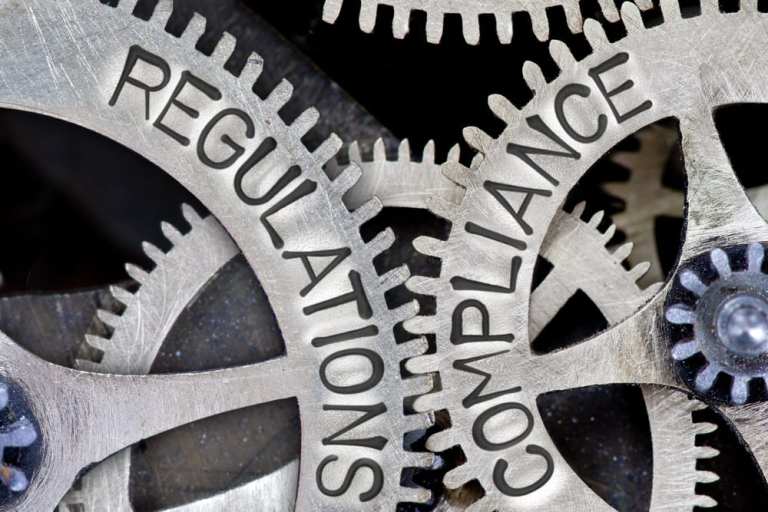
Now the letters fly from the U.S. Congress — with an eye on documents that show the inner workings of Big Tech.
On Friday, the House Judiciary Committee, investigating antitrust issues tied to marquee names such as Facebook, Google and others, delivered letters asking for communications and documents that may shed light on the reasons and processes surrounding changes in the competitive landscape, including various mergers and acquisitions.
The requests center on, for example, Amazon’s acquisition of Whole Foods — and, separately, the way Google ranks its search results.
The requests come on top of a busy week in antitrust investigations where, as has been widely reported, a group of 50 attorneys general stood on steps of the United States Supreme Court on Monday and announced an investigation into Google’s advertising practices.
The road may be long — and the probe itself will be sweeping. At the Monday press conference, Arkansas Attorney General Leslie Rutledge said the AGs, across political parties and demographics, stand together to “protect the free market, protect competition and … the American consumer … against this online, search engine juggernaut.”
“This investigation is not a lawsuit,” Texas Attorney General Ted Paxton said. “It is an investigation to determine the facts. Right now we are looking at advertising, but the facts will lead to where the facts will lead.”
On the Continent — and Taxes in Sight
Google’s own regulatory and tax issues extend well beyond domestic markets. In other news this past week, Google agreed to pay a $548 million fine in France to settle a fiscal fraud probe that stretches back four years. As has been reported, larger tech firms, with international presence, have been under examination for allegedly paying less tax than is owed in certain countries in which they do business.
The stage may be set in Europe for ever greater regulatory scrutiny, as Margrethe Vestager has been re-appointed to a second term as the EU’s competition commissioner. The new commission is slated to come into office at the beginning of November.
Also in Europe, Switzerland’s Financial Market Supervisory Authority (FINMA) added new layers of detail and oversight on digital coins and ICOs. Perhaps most notably, FINMA also acknowledged a request from Facebook to evaluate its yet-to-be-launched Libra project. The Swiss regulators have mandated that Libra be bound by regulations that govern infrastructure, and so Libra would need a payments license in place.
Beyond the mechanics of payments licensing, Libra faces some objections elsewhere in Europe. In France, the project has some clear opposition. In remarks from French Economy and Finance Minister Bruno Le Maire, the regulator said that the projects threatens “monetary sovereignty,” and that, according to comments at an OECD conference, “I want to be absolutely clear: In these conditions, we cannot authorize the development of Libra on European soil.”
Alphabet Inc’s Google, Facebook Inc and Twitter Inc will testify next week before a U.S. Senate panel on efforts by social media firms to remove violent content from online platforms, the panel said in a statement. The Sept 18 hearing of the Senate Commerce Committee follows growing concern in Congress about the use of social media by people committing mass shootings and other violent acts. The hearing “will examine the proliferation of extremism online and explore the effectiveness of industry efforts to remove violent content from online platforms. Witnesses will discuss how technology companies are working with law enforcement when violent or threatening content is identified and the processes for removal of such content,” the committee said.
GDPR Compliance Lacking
A year on, there still seems to be a significant lack of compliance among companies when it comes to GDPR, at least in the United Kingdom.
A survey from Egress shows that 52 percent of companies are not fully compliant with the regulations. The results showed 53 percent of mid-size companies had reported data breaches to the ICO in the past 12 months, compared with 36 percent of small companies that had similar reports, according to a release last week.